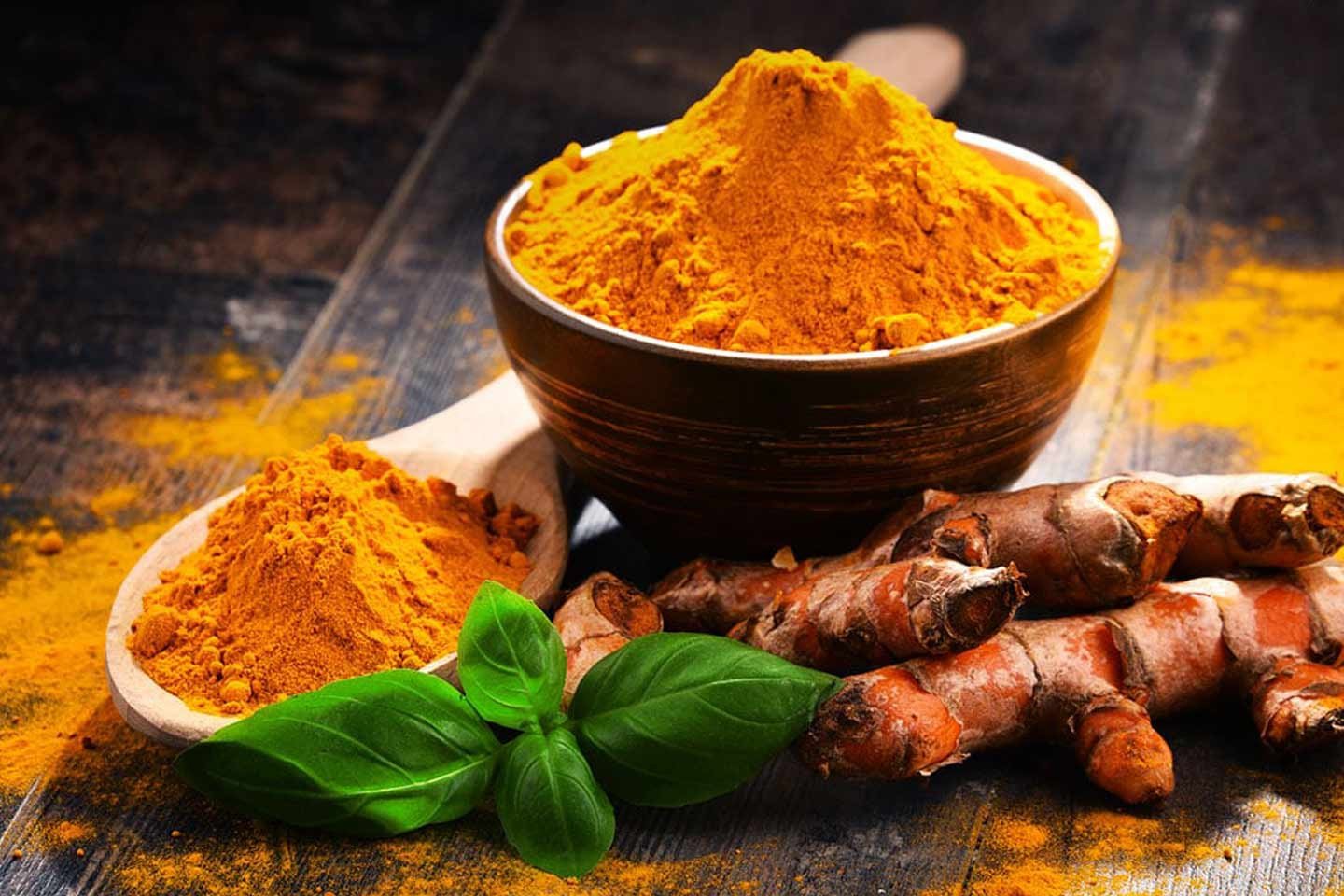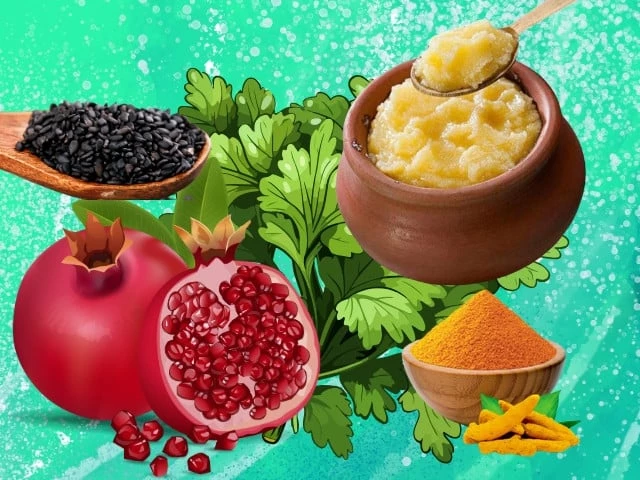KARACHI:
Looking to incorporate more healthy local ingredients into your meals? Here are 5 superfoods to add to your diet as described by NutritionValue.org
1. Desi Ghee (Clarified Butter)
In Pakistan, desi ghee is more than just a cooking ingredient, it is part of the country’s culinary heritage. Made from cow or buffalo milk, it is rich in healthy fats and fat-soluble vitamins (A, D, E, K). Desi ghee provides lasting energy, supports digestion, and improves nutrient absorption. In rural Punjab and Sindh, families often prepare it at home, while in urban areas it is valued both for cooking and for its role in traditional wellness practices.2. Dhaniya (Coriander)
Dhaniya is one of the most widely used herbs in Pakistani kitchens, found in curries, chutneys, and salads. Both its leaves and seeds are packed with antioxidants, vitamin C, and potassium. Coriander helps cleanse the body of toxins, aids digestion, and supports healthy blood pressure. It can also be sprinkled on top of pretty much any main course dish. Its nutritional benefits make it one of the most underrated superfoods.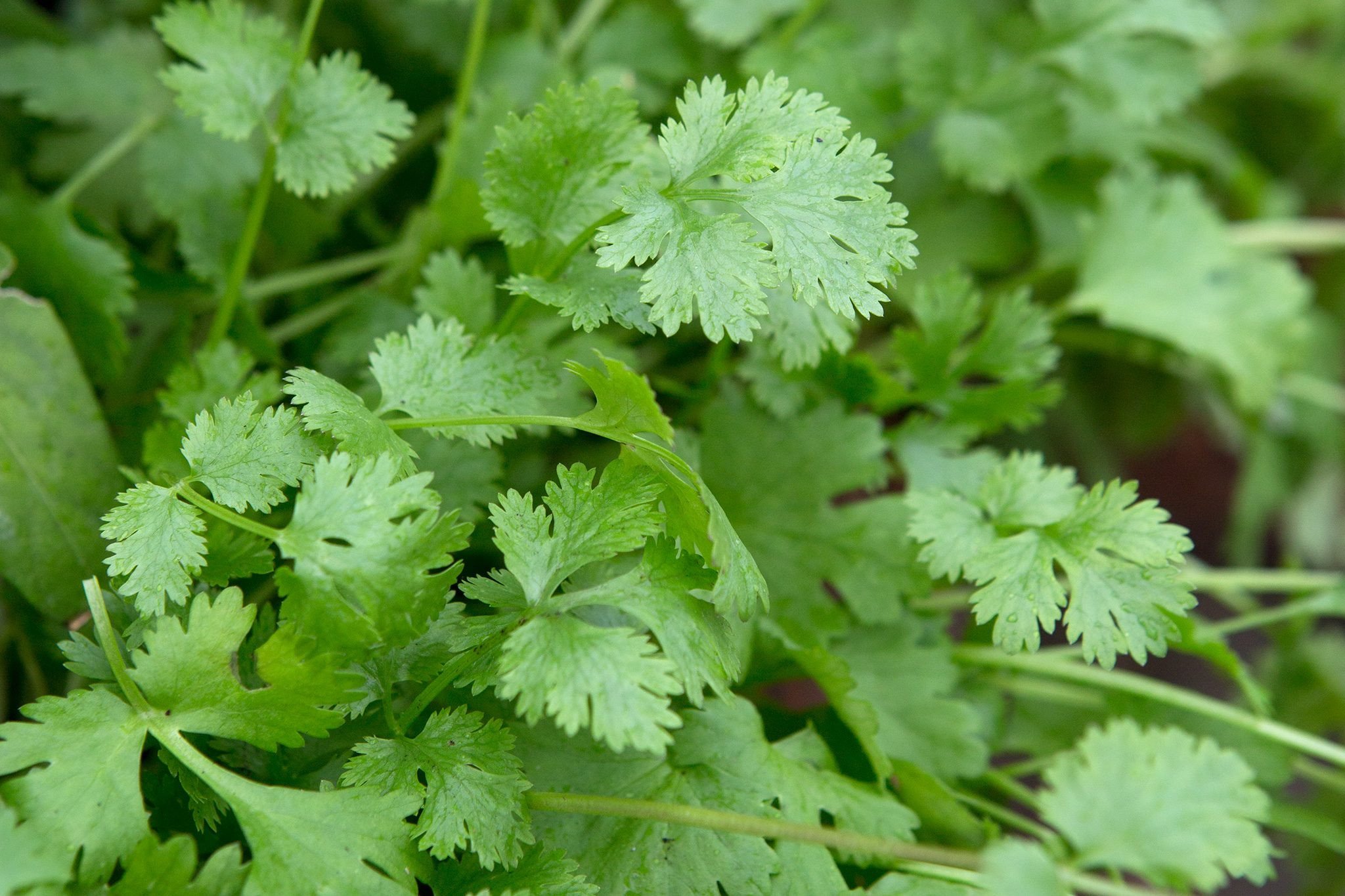 3. Kalonji (Black Seeds)
3. Kalonji (Black Seeds)
Kalonji is a common addition to breads, pickles, and spice mixes in Pakistan. These small black seeds are dense in nutrients, including essential fatty acids, antioxidants, and minerals. Research links them to improved immunity, better digestion, and support for balanced cholesterol levels. Widely available in local markets, kalonji remains a simple but powerful superfood in everyday diets.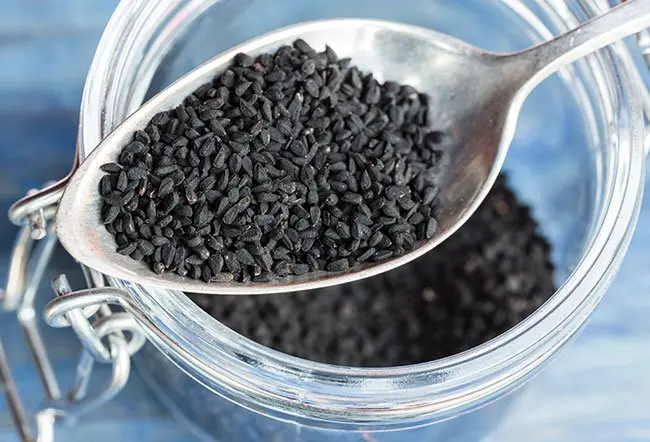 4. Anar (Pomegranate)
4. Anar (Pomegranate)
Anar grows abundantly in Balochistan’s orchards and is enjoyed nationwide. Rich in vitamin C, fiber, and antioxidants, pomegranate supports blood circulation, reduces inflammation, and promotes heart health. Whether eaten fresh, juiced at roadside stalls, or sprinkled over chaat, it is both a cultural favorite and a nutritional powerhouse.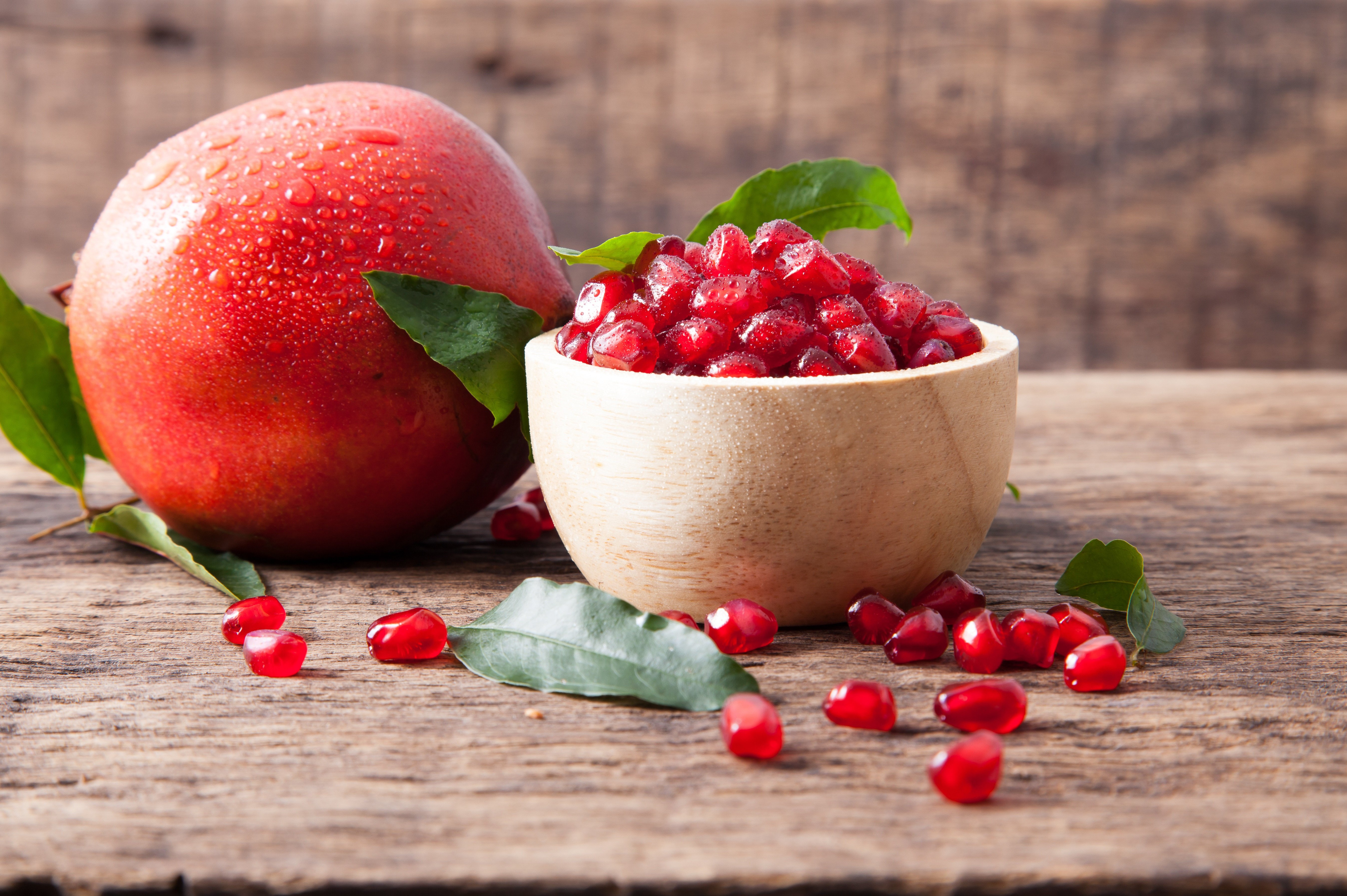 5. Haldi (Turmeric)
5. Haldi (Turmeric)
Haldi is a cornerstone of Pakistani cooking and traditional home remedies. Its active compound, curcumin, is known for strong anti-inflammatory and antioxidant properties. For generations, turmeric has been used in warm milk to ease colds, and turmeric paste has been applied to skin for faster healing. Beyond its health value, it is also part of cultural beauty and wellness traditions. 